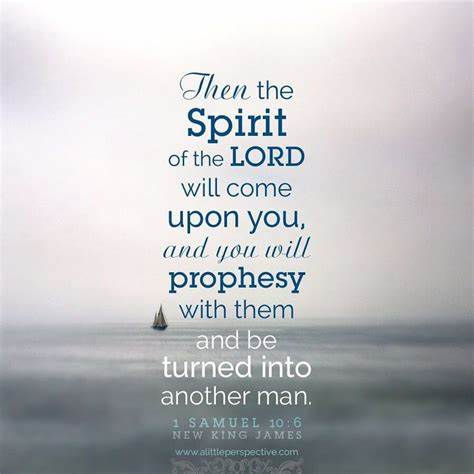Using the Anointing Oil Correctly
- Betty A. Burnett
- Jun 9, 2024
- 3 min read
Updated: Jun 10, 2024
Purpose of the Anointing Oil
The Main uses of the oil today, and is it Biblical

Back in the mid 1980’s I was in a denominational church that believed in certain things that I found out later, did not line up with the Word of God. I was still using the oil around 2010. I am writing this so the readers can be aware that I was in other denominational churches that practiced erroneous doctrinal beliefs. The truth is, most churches do not believe or embrace the entire Word (full counsel of God).
I purchased expensive oil for myself and others, and was anointing myself, and other people, putting oil on doors, windows and whatever I thought was going to keep the demons out. That was so silly, especially when the Lord protects us; He has given His angels that assignment to each of His children (Psalm 91:4, 9-12).
This series is to give insight of the truth versus error. As I have learned the difference and continue to learn, the information will be passed on. Note: Whatever does not line up with the Word of God should not be part of our belief.

Oil is symbolic of the Holy Spirit in all uses
Let’s go to the Old Testament first.
And you shall take the anointing oil and anoint the tabernacle and all that is in it; and you shall hallow it and all its utensils, and it shall be holy. You shall anoint the altar of the burnt offering and all its utensils and consecrate the altar. The altar shall be most holy. And you shall anoint the laver and its base and consecrate it.
The New Testament tabernacle is the children of God.
Or do you not know that your body is the temple of the Holy Spirit who is in you, whom you have from God, and you are not your own? (1 Corinthians 6:19).

Then you shall bring Aaron and his sons to the door of the tabernacle of meeting and wash them with water. You shall put the holy garments on Aaron, and anoint him and consecrate him, that he may minister to Me as priest. And you shall bring his sons and clothe them with tunics. You shall anoint them, as you anointed their father, that they may minister to Me as priests; for their anointing shall surely be an everlasting priesthood throughout their generations. Thus, Moses did; according to all that the Lord had commanded him, so he did (Exodus 40:9-16).
When Moses anointed them, this was an initial point of contact of the Holy Spirit.

Leviticus 8:12 - And he poured the anointing oil upon Aaron's head, and anointed him, to sanctify him. This was for the priest, the king, and the prophet. In the Old Testament, the Holy Spirit would move (anoint) upon kings, prophets, and priests for specific assignments.
Under the new and better covenant, the Holy Spirit lives in us.
We are prophets – proclaiming the Word of God (Matthew 28:18-19). We are priests, in that we intercede on behalf of others. But you are a chosen generation, a royal priesthood, a holy nation, His own special people, that you may proclaim the praises of Him who called you out of darkness into His marvelous light (1 Peter 2:9). We will reign with our King Jesus as kings. And have made us kings and priests to our God; and we shall reign on the earth (Revelation 5:10).
That is for the Old Testament only; the Holy Spirit lives in the children of God, and that happened after Christ was raised from the dead. And when He had said this, He breathed on them, and said to them, “Receive the Holy Spirit” (John 20:22).

1 Samuel 10:5 -the anointing of oil. Then Samuel took a flask of oil and poured it on his head, and kissed him and said: “Is it not because the Lord has anointed you commander over His inheritance? (1 Samuel 10:5). Whatever or whomever is anointed with oil, it will be revealed when the Holy Spirit comes upon it or them. No one can be in the service of God, without the Holy Spirit.
Example: Adam could not be in the Lord’s service without the Holy Spirit. God breathed His Spirit into Adam. And the Lord God formed man of the dust of the ground and breathed into his nostrils the breath of life; and man became a living being (Genesis 2:7).
Tomorrow, I plan to share what the gospels said about the anointing oil and its purpose, and other New Testament scriptures.
Betty A. Burnett ~ burnettministries.org





Comments